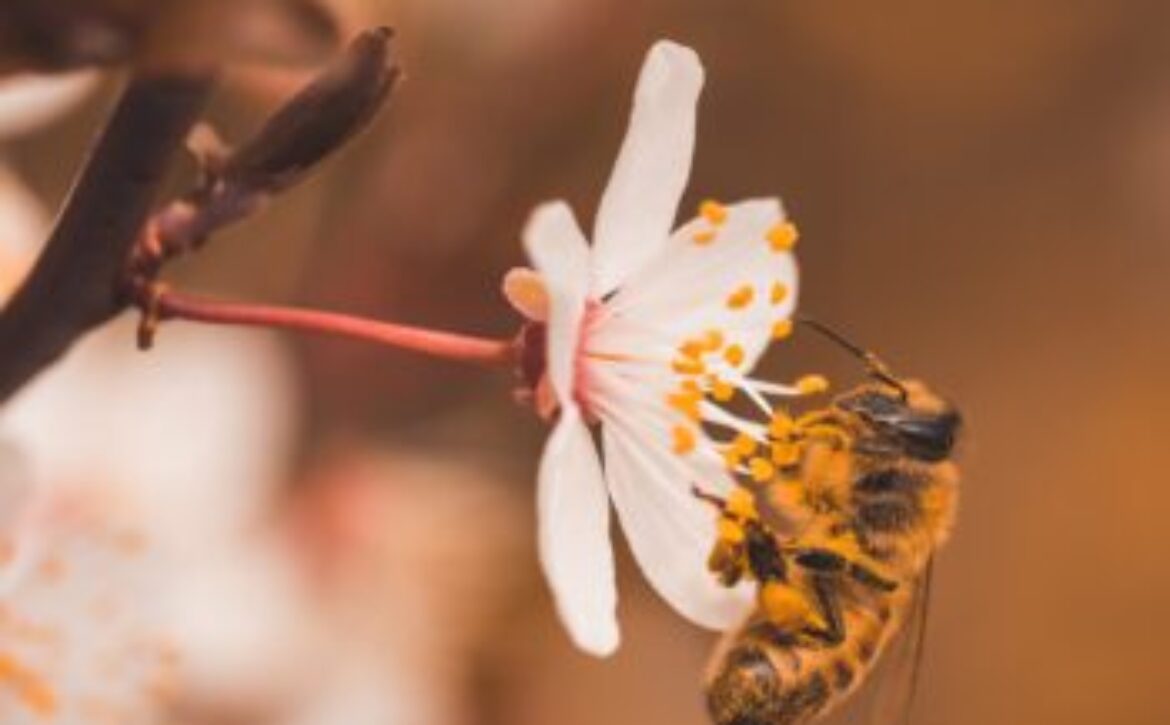Blyth Valley and Southwold Wildlife Group: November report
What would we do without wasps?
The Blyth Valley and Southwold group of the Suffolk Wildlife Trust welcomed the entomologist Dr Ian Bedford to our November meeting to talk about wasps. These insects aren’t usually met with much sympathy, but Ian’s talk showed us how to view wasps in a different light.
There are an astonishing 9,000 different species of wasp in the UK. All are excellent pollinators, a great help with pest control, and an essential part of the ecosystem. The great majority are solitary wasps, which are generally no trouble to us. They may live underground, or in nooks and crannies in trees, bushes or sheds. Gall wasps create odd little growths on leaves, branches or acorns to harbour their young. Other wasps are parasitic, using caterpillars and grubs as hosts for their eggs. Some, like the bee wolf, hunt a single species to feed their offspring.
Only about 1% of wasps are social, living in large colonies, and we have eight native species. The yearly cycle begins when a mated queen wakes from hibernation, begins to build her nest and to lay eggs. The workers, infertile females, then labour to build, protect, feed and repair the nest. Their lives are short, two to three weeks. Male drones hatch later, and once mated with a new queen, they too die. By late summer, the wasps’ need for sugar makes them uninvited guests at outdoor meals, but Ian suggests we resist the urge to swat them. They sting if provoked, and an alarm pheromone in the venom will attract other angry wasps. There are kinder, more effective ways to deal with the issue. They dislike certain smells, so have cloves-studded lemons, peppermint tea or thyme on the table. A false wasps’ nest hanging nearby has been shown to be effective, as wasps are territorial creatures. Their value in our gardens is significant and, where possible, they are best left alone. Wasps may even help humans medically, as their complex venom is being studied for new ways to fight bacteria.
It was a fascinating talk that made us look at these useful insects in a much more positive way. Our next meeting is on Thursday, 8th January, 7.30pm, at Southwold Arts Centre. Local naturalist Tony Brown will talk about ‘The Fascination of Fungi’. Admission is £5, to include refreshments; free for under 25s. All are welcome.
Contact us at swtblythvalley@gmail.com.
Penny Mansfield



